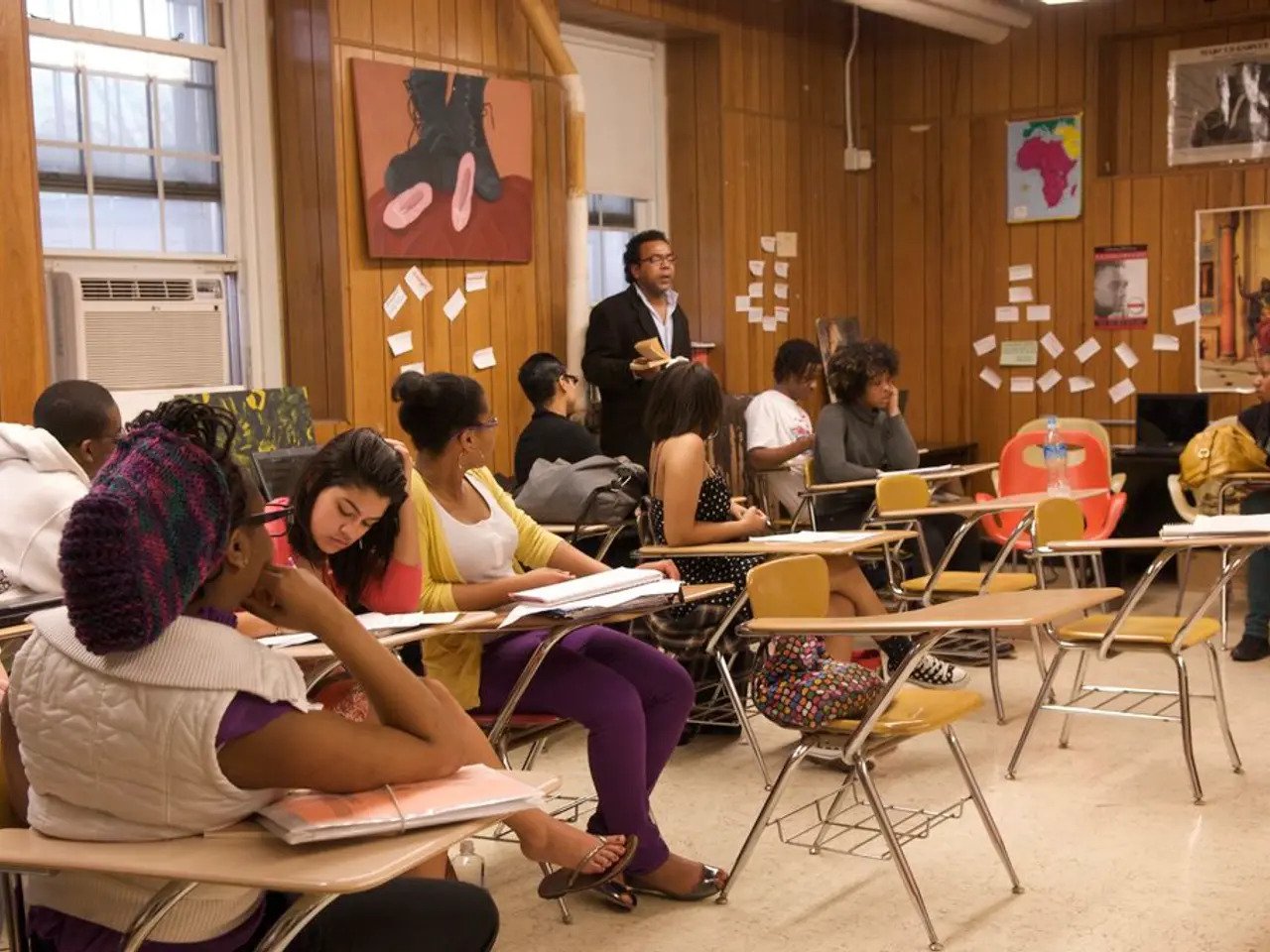Persistent shift: distance learning now established practice in the Philippines
In a significant shift for the Philippine education system, the Commission on Higher Education (CHED) has announced that flexible education will become the norm, following the disruption caused by the COVID-19 pandemic. This policy was unveiled by CHED President Prospero De Vera III on May 21, 2021, and is set to continue for the school year 2021 and beyond.
### Flexible Education as the Norm
The pandemic prompted the Philippines to adopt online and distance learning to maintain education continuity amid school closures. This initially crisis-driven shift has evolved into the acceptance of flexible learning modalities, including blended learning and alternative learning systems (ALS).
The Department of Education (DepEd) and CHED have facilitated this transition by implementing policies that support multiple modes of instruction, including modular learning, online classes, and radio or TV broadcasts, to accommodate diverse learner circumstances. A notable development is the institutionalization of the Alternative Learning System (ALS) in 2021, which formalizes non-traditional education pathways, providing opportunities for learners who cannot participate in formal schooling.
### Reasons for Adopting Flexible Education
Public health concerns during the pandemic necessitated school closures and social distancing measures, making traditional face-to-face classes unsafe. Digital transformation and growing access to technology, despite disparities, provided tools for delivering education remotely. The government's goal to ensure universal access to quality education amid diverse socio-economic and geographic barriers required adaptable learning delivery modes.
The "Matatag" curriculum revision launched in 2023, which simplifies and adjusts the K–12 program, aligns with this approach by easing the learning load and incorporating flexible, context-responsive teaching methods.
### Challenges and Criticisms
Despite the policy's advantages, several challenges remain. Digital divide and access inequity remain significant issues, as many students lack reliable internet, devices, or conducive learning environments, leading to disparities in learning outcomes. The quality of learning in flexible or online modes has been questioned, with some studies noting heterogeneity in curriculum quality and assessment in higher education programs.
There are concerns about student engagement and motivation in the absence of structured physical classrooms, contributing to higher dropout rates or learning loss. Some stakeholders argue that flexible education risks compromising the holistic development of learners, with reduced social interaction and practical hands-on experiences.
However, Mr. De Vera clarified that critics are confusing distance learning with flexible learning, which allows work that does not require online connection to be done outside of face-to-face classes.
### The Future of Philippine Education
The success of flexible education policies depends on addressing digital inequities and ensuring quality assurance across all learning modalities. The commission president did not address the leeway given to universities to adapt flexible learning methods adapted to their situation in the new policy. The rejection of the policy by the National Union of Students of the Philippines Cebu is based on calls for a gradual return to physical classes.
Mr. De Vera did not mention any plans for a return to traditional, packed classrooms or discuss the investment in distance education and its potential waste in the case of a return to in-person classes. The commission president also did not comment on the logistical problems caused by Covid-19 in the previous academic year.
In conclusion, while the Philippines has made significant policy strides toward flexible education as the new norm post-2021, addressing the challenges and criticisms is crucial to ensuring a successful transition to this new educational landscape.
Online education and education-and-self-development opportunities have become integral aspects of the Philippines' flexible learning landscape, following the adoption of blended learning modalities and alternative learning systems (ALS) due to the COVID-19 pandemic. learners can now access variety of learning modes, such as modular learning, online classes, and radio or TV broadcasts, thanks to the initiatives implemented by the Department of Education (DepEd) and Commission on Higher Education (CHED).




